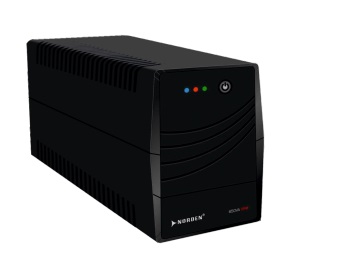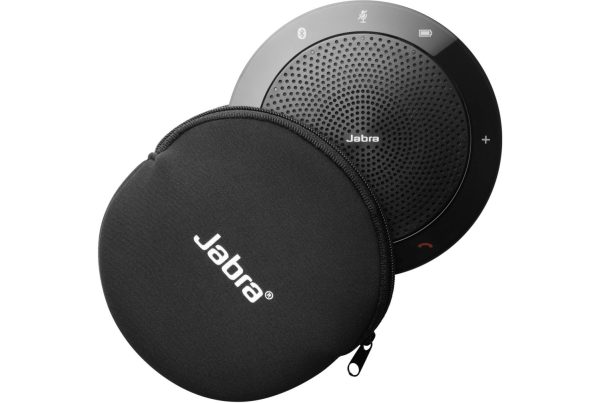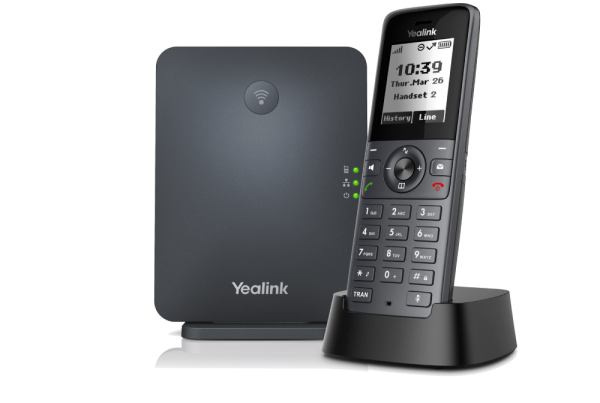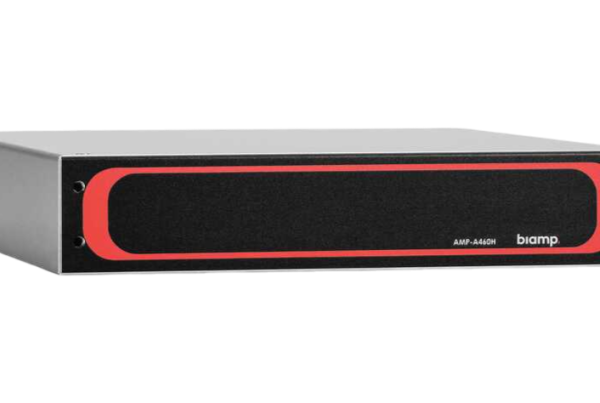Introduction
When the power goes out, whether at home or in an office, a UPS (Uninterruptible Power Supply) system can be your lifesaver. It provides a temporary power source to keep your devices running until electricity is restored or you can safely shut them down. But have you ever wondered what makes these systems work, especially the batteries inside? In this article, we’ll explore different types of batteries used in UPS systems and specifically address what a 1000VA UPS uses.
Table of Contents
What is a UPS and Why is It Important?
Before diving into the types of batteries used in UPS systems, it’s important to understand what a UPS is and why it’s so crucial. A UPS, or Uninterruptible Power Supply, is a device that provides emergency backup power when the main power source fails.
In essence, it’s like a safety net for your electronics. Imagine you’re working on an important project, and suddenly the power goes out. Without a UPS, you could lose all your unsaved work. However, with a UPS in place, your devices continue running smoothly, giving you time to save your work and shut everything down safely.
A 1000VA UPS typically refers to the power capacity it can handle. VA stands for volt-amps, which is a unit of measurement for apparent power. The higher the VA rating, the more devices the UPS can support. But what powers a UPS system? That’s where the battery comes in.
Which Types of Batteries Are Used in UPS Systems?
When it comes to UPS systems, the battery is the heart of the operation. Without a reliable battery, a UPS system would be useless. But what types of batteries do UPS systems use?
1. Lead-Acid Batteries
Lead-acid batteries are the most common type of battery used in UPS systems. They’re reliable, affordable, and well-understood in the industry. These batteries come in two main types: sealed and flooded.
- Sealed Lead-Acid (SLA) batteries are popular because they are maintenance-free and can operate in any position.
- Flooded Lead-Acid (FLA) batteries require regular maintenance and need to be kept upright to prevent spillage.
While lead-acid batteries are widely used due to their cost-effectiveness, they do have some limitations. They are heavier and less efficient than newer battery technologies.
2. VRLA (Valve-Regulated Lead-Acid) Batteries
A subset of lead-acid batteries, VRLA batteries are a type of sealed lead-acid battery. These batteries are maintenance-free, compact, and work well in a variety of environmental conditions. Most modern UPS systems use VRLA batteries because they are more reliable and require less maintenance than traditional lead-acid batteries.
3. Lithium-Ion Batteries
Lithium-ion batteries are becoming more popular in UPS systems, especially for high-end models. These batteries are lighter, more efficient, and have a longer lifespan compared to lead-acid batteries. While lithium-ion batteries can be more expensive upfront, they often provide a better return on investment due to their durability.
4. Nickel-Cadmium (NiCd) Batteries
Nickel-cadmium (NiCd) batteries are not as commonly used in residential UPS systems but are still found in industrial settings. NiCd batteries are known for their ability to operate in extreme temperatures and have a long lifespan. However, they can be more expensive and require more maintenance.
What Battery Is the Best for a UPS System?
Choosing the best battery for your UPS system depends on your specific needs and budget. Here’s a breakdown of the advantages and disadvantages of each:
Lead-Acid Batteries: The Budget-Friendly Option
Lead-acid batteries are the most affordable option. They are widely available and have a long history of reliability. However, they tend to be heavier and have a shorter lifespan compared to more modern alternatives like lithium-ion.
Lithium-Ion Batteries: The Premium Choice
If you’re looking for a high-performance UPS, lithium-ion batteries are the way to go. They are lightweight, efficient, and last much longer than lead-acid batteries. The downside is their higher initial cost.
VRLA Batteries: The Middle Ground
VRLA batteries offer a good balance between cost and performance. They are maintenance-free, compact, and efficient, making them a solid choice for most modern UPS systems.
NiCd Batteries: The Industrial Solution
While not commonly used in home systems, NiCd batteries are ideal for industrial or critical applications where reliability and long service life are crucial.
The Difference Between NICD and VRLA Batteries
Understanding the differences between NiCd (Nickel-Cadmium) and VRLA (Valve-Regulated Lead-Acid) batteries is essential, especially when choosing a battery for a UPS system.
1. Composition and Construction
- NiCd batteries are made from nickel and cadmium and are known for their ability to withstand extreme temperatures. They are typically more durable but are often heavier and more expensive.
- VRLA batteries are a subtype of lead-acid batteries that are sealed, maintenance-free, and more compact.
2. Maintenance
- NiCd batteries require more maintenance and can be affected by temperature extremes.
- VRLA batteries are maintenance-free and can operate in various conditions without the need for regular upkeep.
3. Lifespan
- NiCd batteries tend to have a longer lifespan but may suffer from memory effects, where they lose capacity over time if they are not fully discharged regularly.
- VRLA batteries generally have a shorter lifespan but are more reliable for standard UPS systems.
How to Choose the Right UPS Battery for Your Needs
Choosing the right UPS battery can be a bit overwhelming due to the various types available. Here are some key factors to consider:
1. Power Requirements
Consider the wattage of your devices and how much runtime you need. A 1000VA UPS typically supports devices that require about 600W, but you should always check the power rating to ensure compatibility.
2. Battery Type
As discussed earlier, different battery types have distinct advantages. Lead-acid batteries are more affordable, while lithium-ion batteries offer superior performance and longer lifespans. VRLA batteries fall somewhere in between.
3. Budget
If you’re on a tight budget, lead-acid batteries may be the best choice. However, if you can afford the upfront cost, lithium-ion batteries provide excellent value over time.
4. Run Time
How long you need your devices to stay powered during an outage will also influence your choice of battery. Lead-acid batteries may offer more power, but lithium-ion batteries tend to have longer run times.
UPS Battery Specifications You Should Know
When choosing a UPS battery, understanding key specifications is crucial:
1. Voltage
Most UPS batteries are either 12V or 24V. Check the voltage rating to ensure it matches the needs of your UPS.
2. Amp-Hours (Ah)
This indicates how much charge the battery can hold. The higher the amp-hour rating, the longer the UPS can run on battery power.
3. Battery Capacity
Battery capacity determines how long your UPS will provide power. Make sure the capacity is sufficient for your devices.
Conclusion
Choosing the right UPS battery can seem challenging, but with the right knowledge, you can make an informed decision. Whether you opt for a lead-acid, lithium-ion, or VRLA battery, it’s important to consider factors like power requirements, maintenance, and budget. By choosing the right UPS battery, you ensure that your devices remain safe and powered during power outages, giving you peace of mind.
FAQs
Which types of batteries are used in UPS?
UPS systems typically use lead-acid, VRLA, lithium-ion, and sometimes NiCd batteries, depending on the system’s needs and budget.
Which battery is the best for UPS?
Lithium-ion batteries are considered the best for UPS systems due to their longer lifespan, efficiency, and lightweight nature. However, they come at a higher initial cost.
What is the difference between NICD and VRLA batteries?
NiCd batteries offer long lifespan and extreme temperature tolerance but require more maintenance. VRLA batteries are maintenance-free, compact, and more commonly used in UPS systems.
How do I choose a UPS battery?
To choose a UPS battery, consider your power requirements, budget, maintenance preferences, and the type of battery that suits your needs, such as lead-acid, VRLA, or lithium-ion.
Which battery is best for UPS: dry or liquid?
Dry batteries (like sealed lead-acid or VRLA) are more commonly used in UPS systems due to their maintenance-free nature, while liquid batteries (like flooded lead-acid) require more upkeep and are less common in modern UPS systems.






